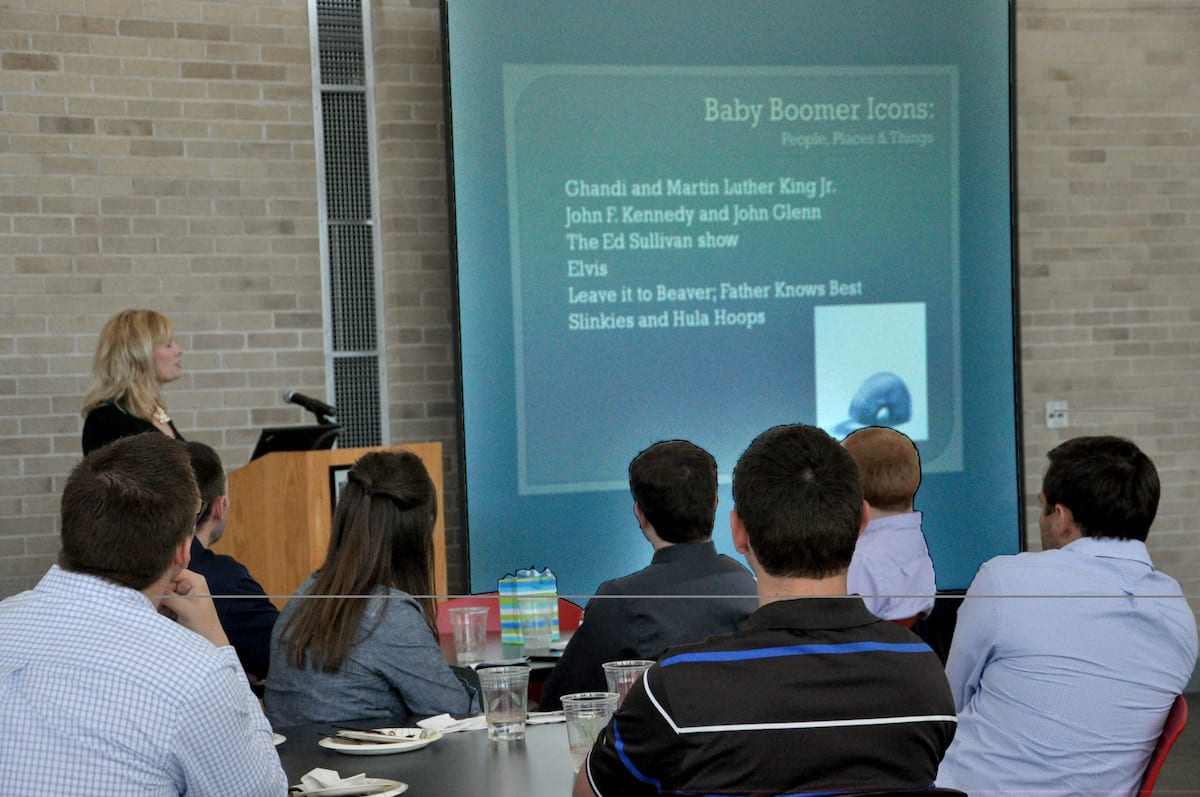Reading time: 2 minutes
The Actuarial Science program at Maryville University has recently been ranked in the top 20 U.S. programs for return on investment by College Value Online.
Maryville’s undergraduate program prepares students for all five Associateship of Society of Actuaries (SOA) professional exams. As a result, the program averages over 50 passed professional exams nationally, one of the highest ratios of exams to graduates. With the passing of these exams comes the opportunity to succeed in post-graduate life. The 2015 job placement for Maryville graduates who passed at least one exam was 100 percent.
While students don’t need to pass these exams to graduate with their undergraduate degree, they do need to pass them for professional recognition.
“Actuaries need to have licenses like lawyers and physicians,” says Min Deng, PhD, director of mathematics and actuarial science. “In order to have a full time job in today’s competitive job market, the passing of at least two exams with an internship is a basic requirement.”
Along with helping prepare students for the SOA exams, Maryville’s program also connects students with internship opportunities. Last year, 31 students obtained a paid internship.
Christina Gerst, senior, was among those students. She has interned at MetLife, Midwest Employers Casualty Co., and Reinsurance Group of America (RGA), and recently accepted a full-time position with RGA upon graduation.
“Maryville’s actuarial science program definitely got me the connections with these companies,” says Gerst. “My classes taught me material that was relevant to my internships and vice versa. My professors were supportive and encouraging throughout the process.”
Maryville’s program will continue to evolve over time, keeping pace with the needs of hiring managers and industry standards. “We are always looking to make the program better,” says Deng. “We will continue to increase the number of students passing exams, encourage more student and faculty research, and enhance the connection between between students and industry professionals.”
 actuarial luncheon slide show II 05 24 13
actuarial luncheon slide show II 05 24 13